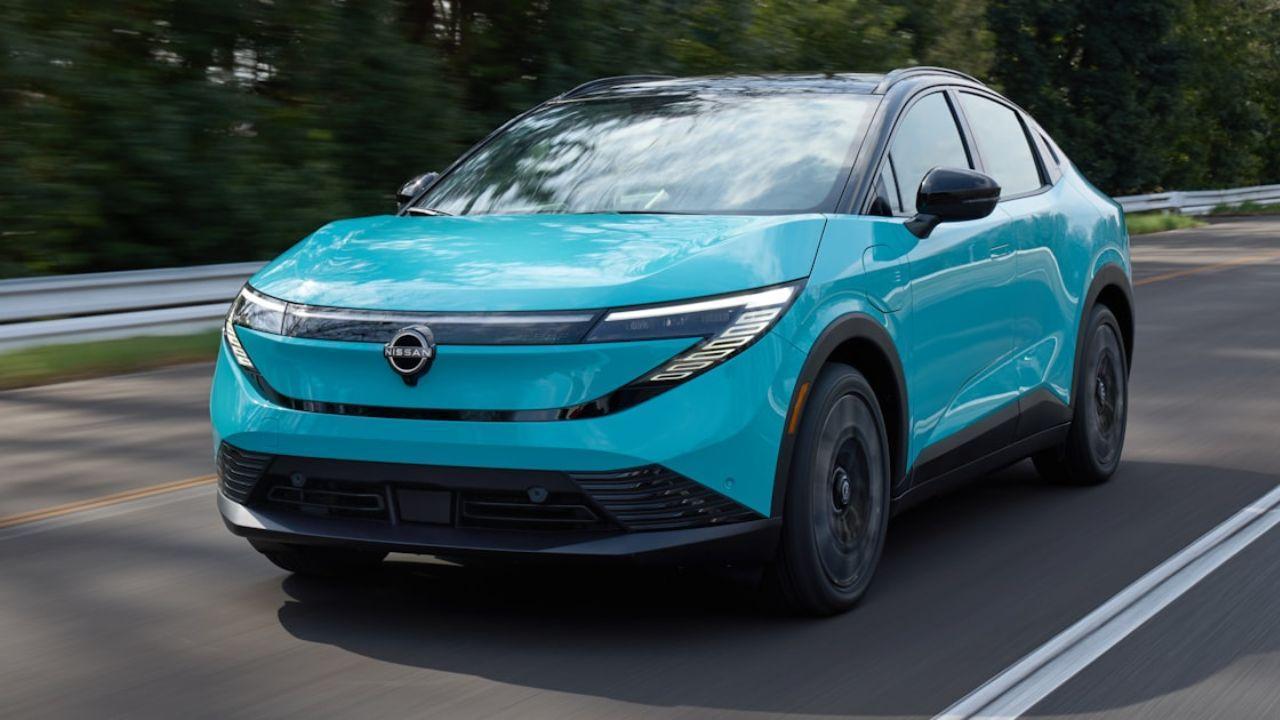
Post by : Avinab Raana
Photo : X / でじりん
Nissan is facing a tight squeeze on its production schedule as a delay in battery supply has forced it to drastically reduce output of its upcoming Leaf EV model. For the period from September through November 2025, the company has cut its production plan by more than half, citing difficulties in securing enough batteries. Though Nissan insists the official launch of the new Leaf remains on schedule by the end of the year, the adjustment signals how fragile EV supply chains can be even for legacy brands.
The output cut specifically targets Nissan’s plant in Tochigi, eastern Japan, which is responsible for manufacturing the new Leaf for both domestic and U.S. markets. Because battery yields at a Nissan-affiliated supplier have been below expectations, production of several thousand vehicles per month will now be deferred. While steps are being taken to manage the shortfall, it’s clear that any delay in battery procurement or yields can ripple out to affect timelines, delivery targets, and profitability.
Despite the production scaling back, Nissan has made it clear that the official launch of the new Leaf EV has not been postponed. The company emphasizes that while monthly output will be cut, the overall schedule toward introducing the refreshed model to market remains unchanged. The assertion suggests confidence in solving the battery supply issues before they jeopardize the broader roll-out and a bet that the impact on consumers and dealers will be manageable.
Nissan has long been a pioneer in EVs, its original Leaf model (launched in 2010) was among the first mass-market electric cars. But in recent years, Nissan has lost momentum to newer competitors that brought advanced battery tech, chic designs, and stronger charging networks. With the new Leaf, Nissan aims to reclaim its footing. The refreshed model is expected to combine improved range, modern design, and upgraded features to meet more demanding consumer expectations in both the U.S. and Japan.
The problem at the heart of Nissan’s output reduction is simple but complex: obtaining sufficient batteries with consistently high yields. When suppliers fail to meet the yield expectations meaning fewer usable battery cells produced per batch automakers face delays in vehicle assembly. EV makers globally have become acutely aware that battery manufacturing still has bottlenecks, whether due to raw material scarcity, production inefficiencies, quality control, or scaling challenges. Nissan’s recent experience underscores just how critical a steady, high-quality supply of batteries is to maintaining production targets.
Nissan isn’t the only automaker wrestling with battery constraints, but it has additional pressure because the Leaf carries symbolic weight. Owners and EV-watchers expect it to deliver both mass-market affordability and reliability. Meanwhile, competitors are pushing ahead with alternative EVs, hybrids, and new battery technologies. If Nissan stumbles, there is risk of losing potential market share, especially among buyers who are now more willing to consider options beyond the Leaf.
Following the announcement of the reduced output, Nissan’s shares slipped modestly. Investors seem to be weighing two things: the potential financial impact of lower production in the near term, balanced against the company’s promise that the launch will stay on track. Though the stock drop wasn’t large, it reflects market sensitivity to EV supply chain risks. With many automakers and suppliers under pressure from material costs, logistics, and regulatory demands, even small disruptions can influence investor confidence.
While the battery shortage is a setback, there is still upside. If Nissan can resolve yield issues, ramp battery procurement, and manage production flow, the payoff could be strong. The revamped Leaf could renew Nissan’s credibility in EVs and attract buyers looking for a balance of design, range, and affordability. Conversely, further delays or continued supply issues could erode competitive advantage, empty dealer lots, and dent expectations.
As the industry watches Nissan navigate this challenge, the key indicators will be battery yield improvements, supplier reliability, and whether the timing of Leaf deliveries slips. Dealers will monitor inventory projections closely, any delay in vehicle availability could push interested consumers toward rival models. Meanwhile, consumers in the U.S. and Japan will be paying attention to announced specs, pricing, and after-sales support.
Nissan’s sharp production cut for the new Leaf EV underscores the complexity behind the rapid growth of electric vehicles. Even established automakers with strong brand heritage are vulnerable to disruptions in battery supply. The company’s insistence that the launch will not be delayed suggests confidence, but managing expectations among customers and stakeholders will be critical. Ultimately, whether this challenge becomes a blip or a lasting stain on Nissan’s revival depends on execution in the weeks ahead particularly in battery sourcing and yield management.
Leaf EV, Battery shortage, Production cut
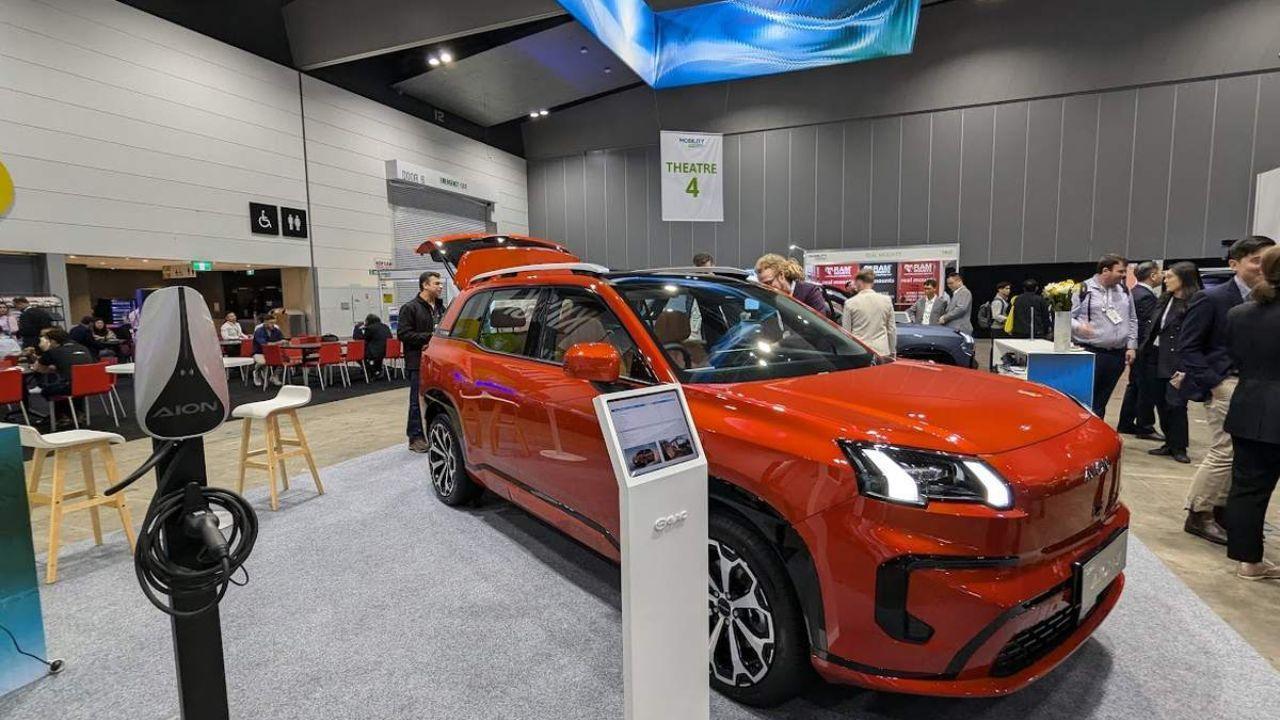

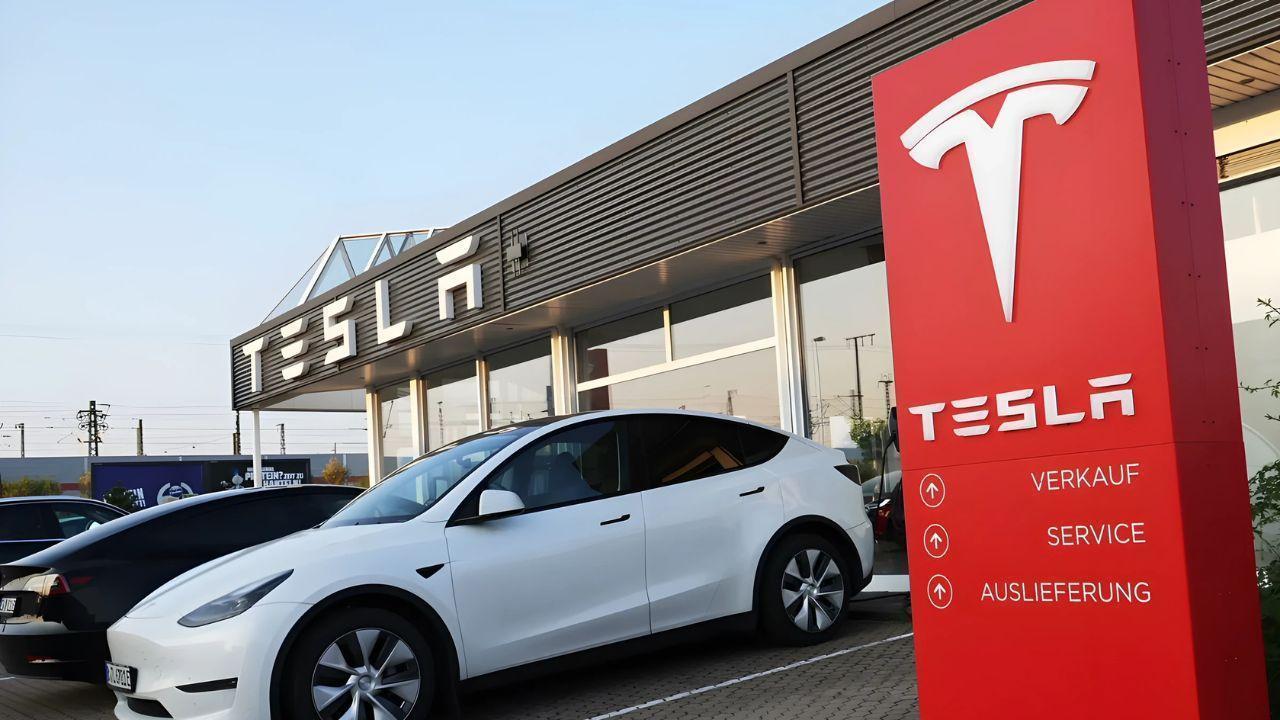
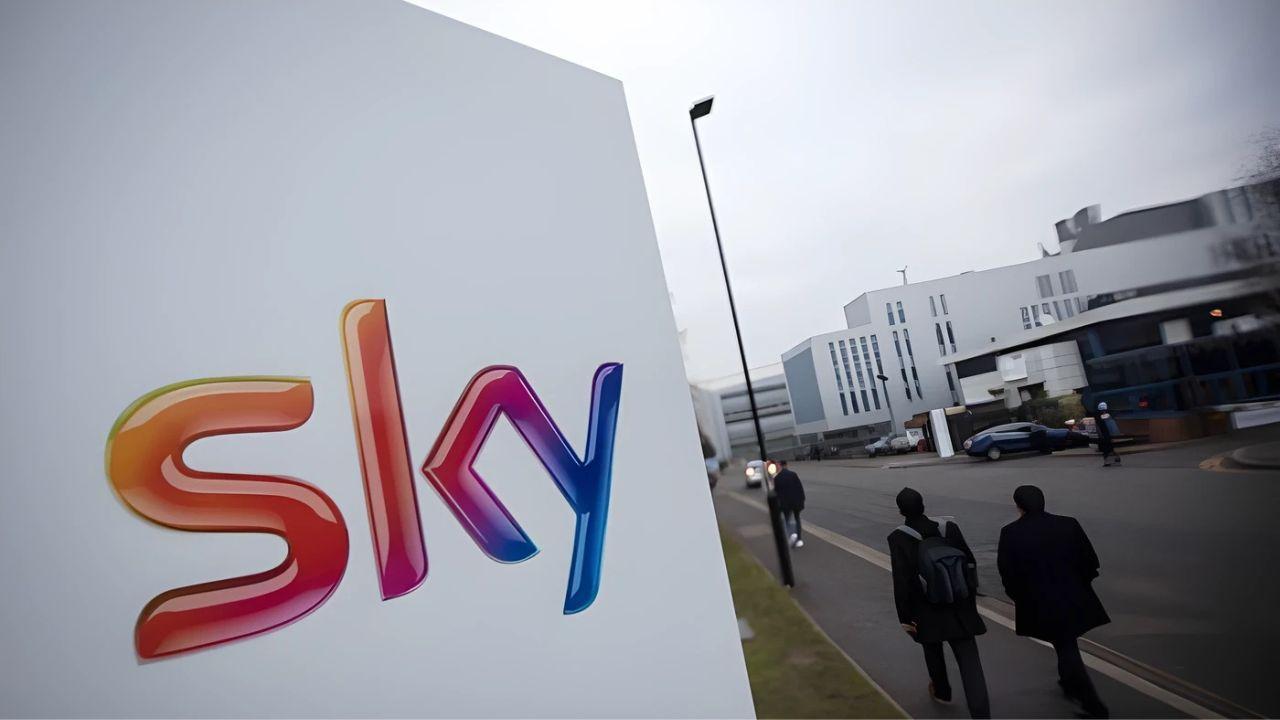
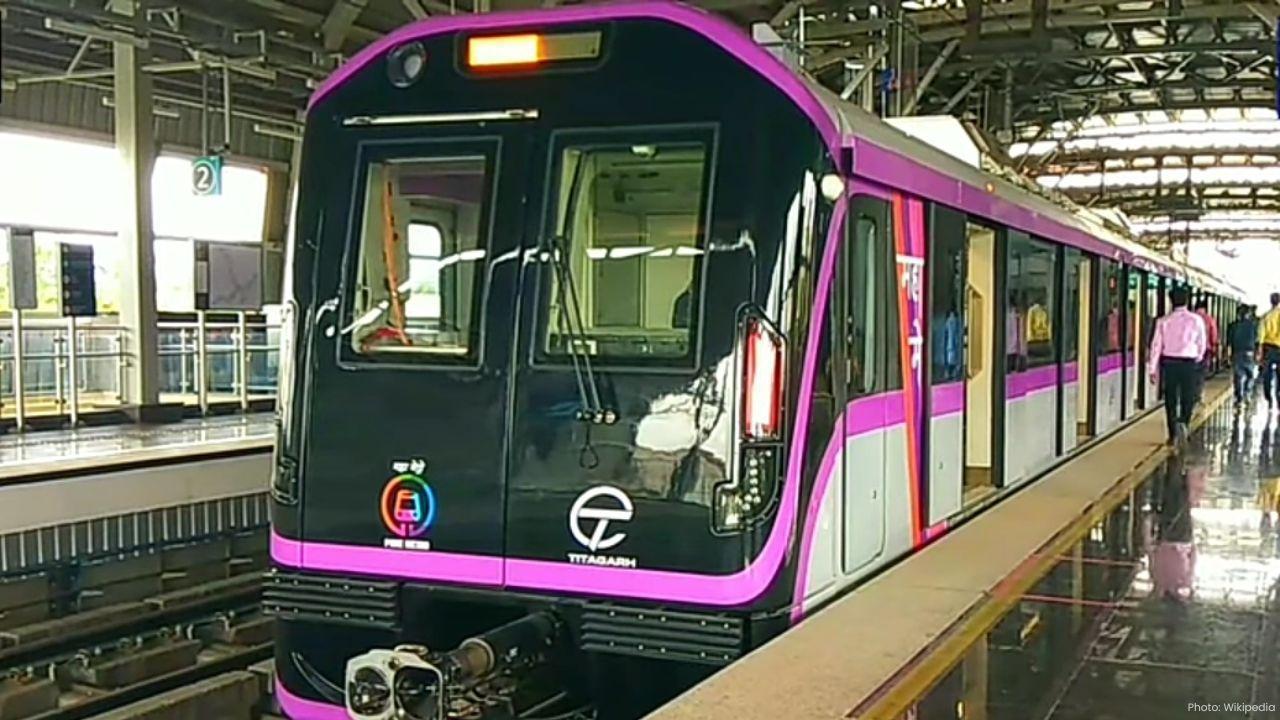

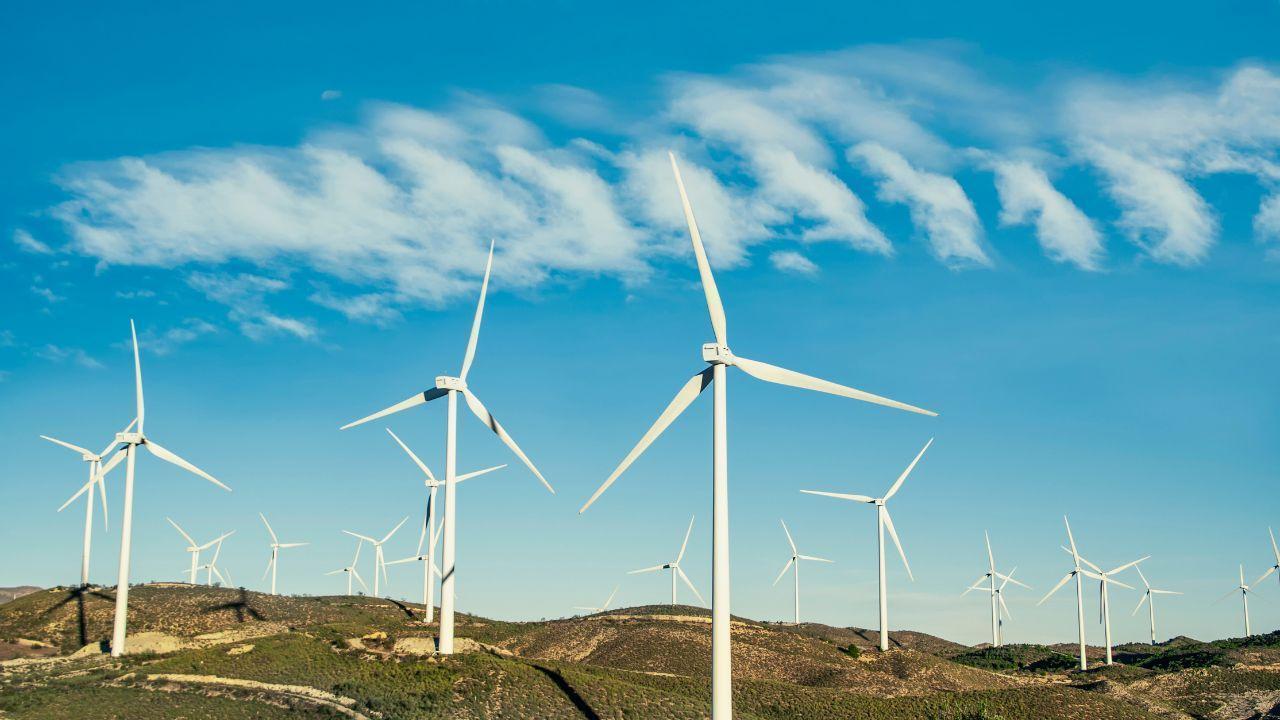
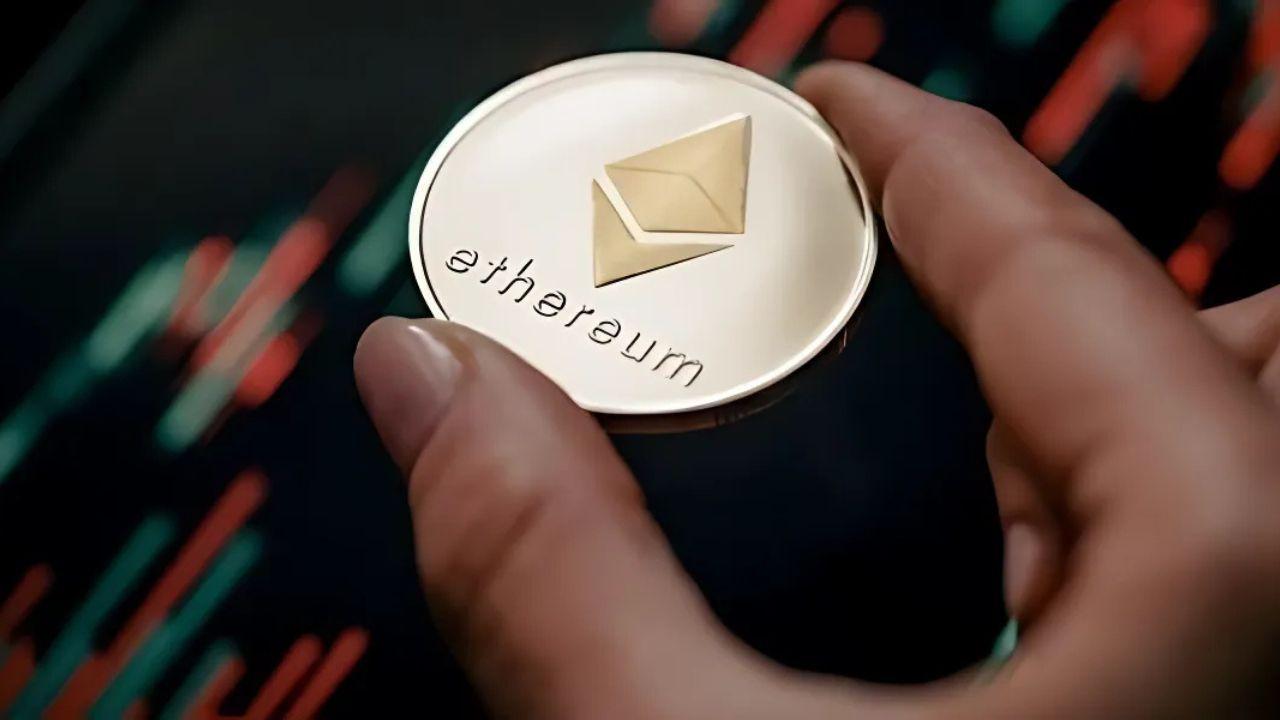

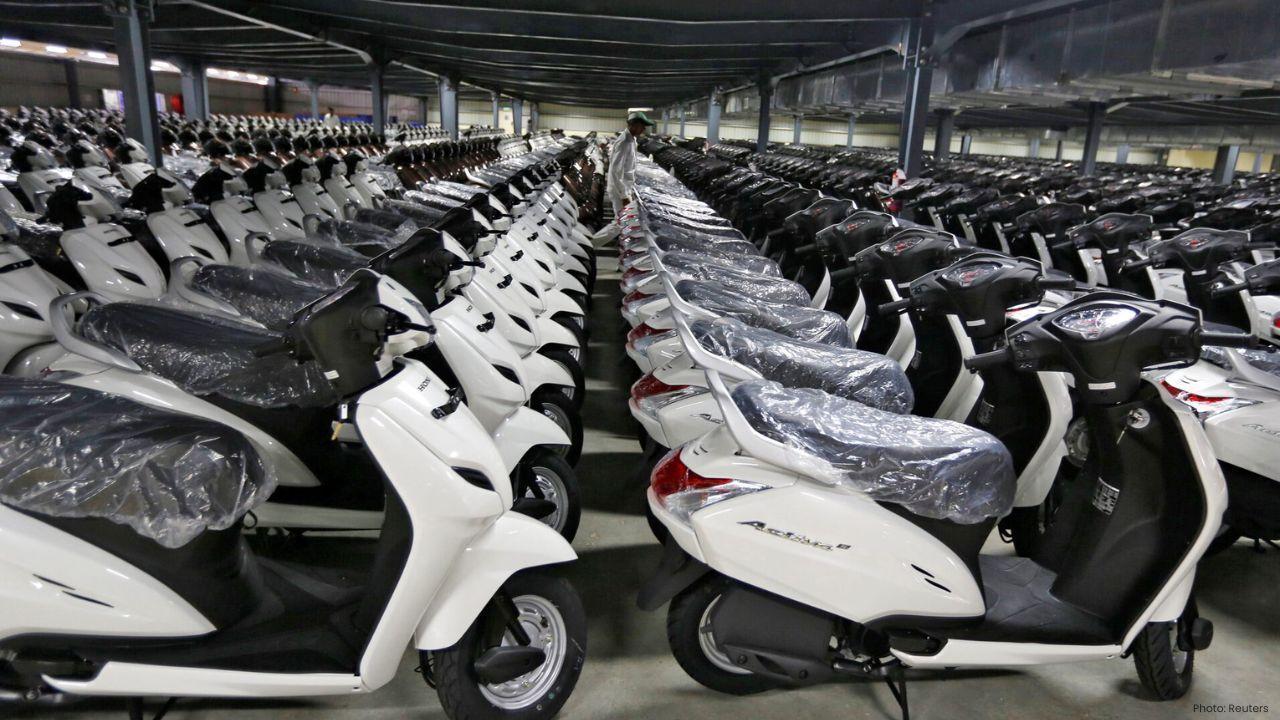
Honda Cuts Prices on Scooters and Bikes After GST 2.0 Revision
Honda reduces prices on Activa Dio Shine CB350, passing GST 2.0 benefits to customers with savings u
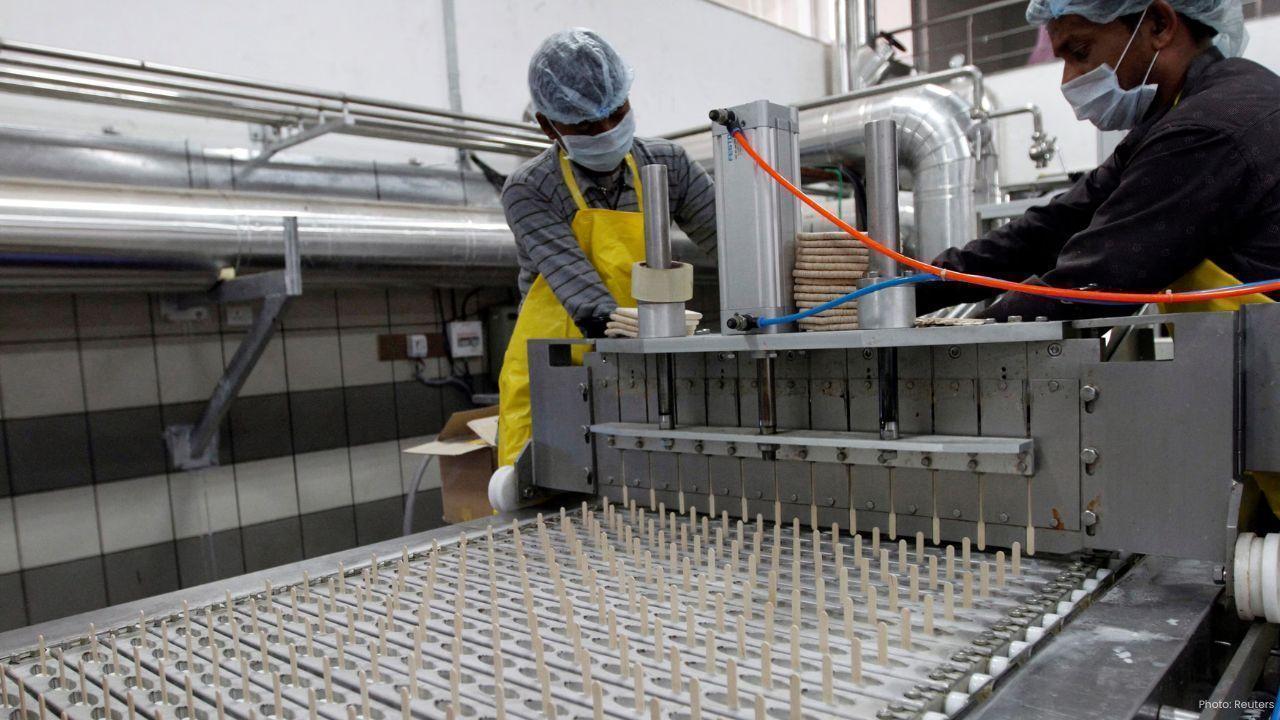
India’s Cold Chain Industry Expanding Beyond Vaccines to Foods
India’s cold chain industry grows beyond vaccines, driven by frozen foods dairy fresh produce and fa

Delta Air Lines Launches Daily Nonstop Flight from Austin to Miami
Delta adds daily nonstop flights from Austin to Miami, giving travelers more convenient options and

Servotech Partners with Enovra to Bring Solar & EV Chargers to Mauritius
Servotech forms deal with Mauritius-based Enovra to supply solar solutions & EV chargers with Enovra

WSC launches global cargo safety programme to stop dangerous ship fires
WSC unveils a safety programme using AI-based cargo screening and joint standards to catch misdeclar
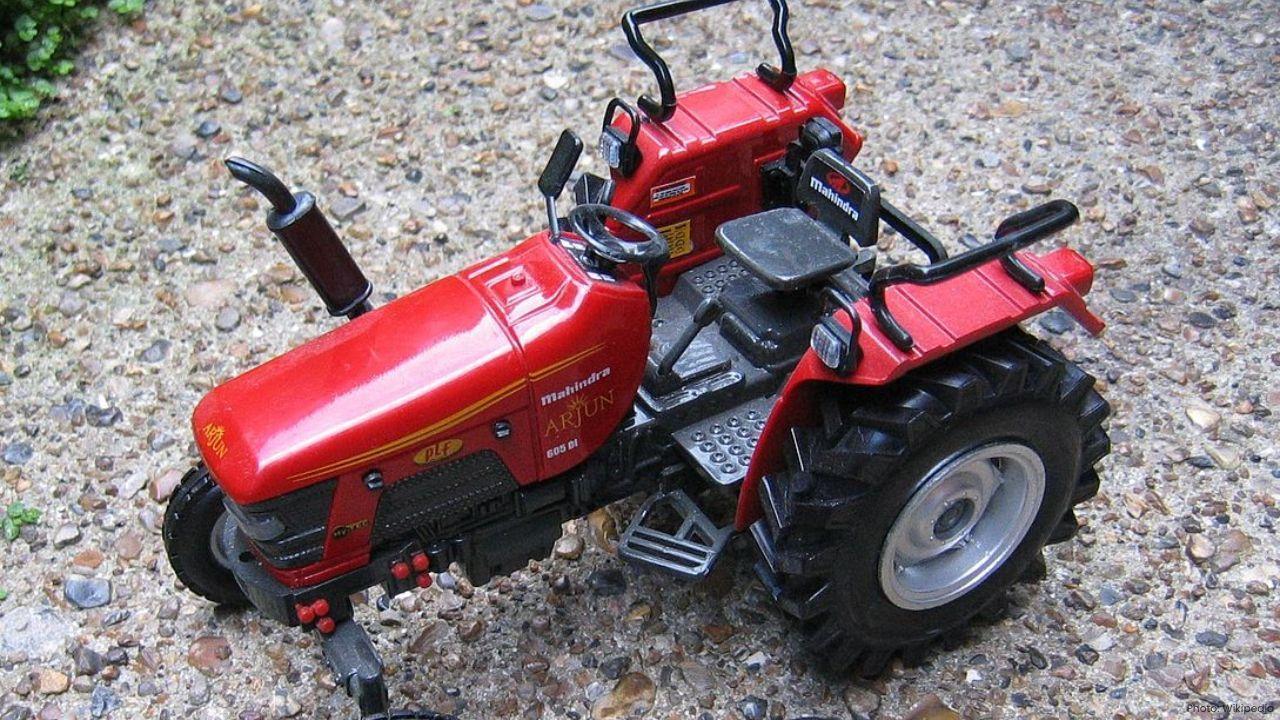
Mahindra NOVO Series Turns 11 Premium Upgrades & 6-Year Warranty Added
Mahindra marks 11 years of its NOVO tractor line by adding Creeper Mode, mBoost tech, better hydraul